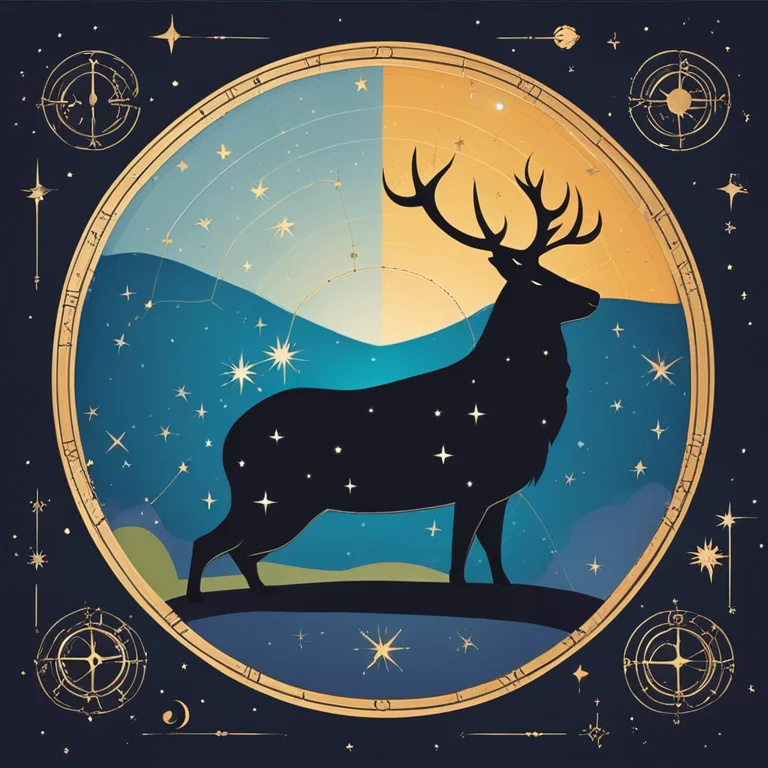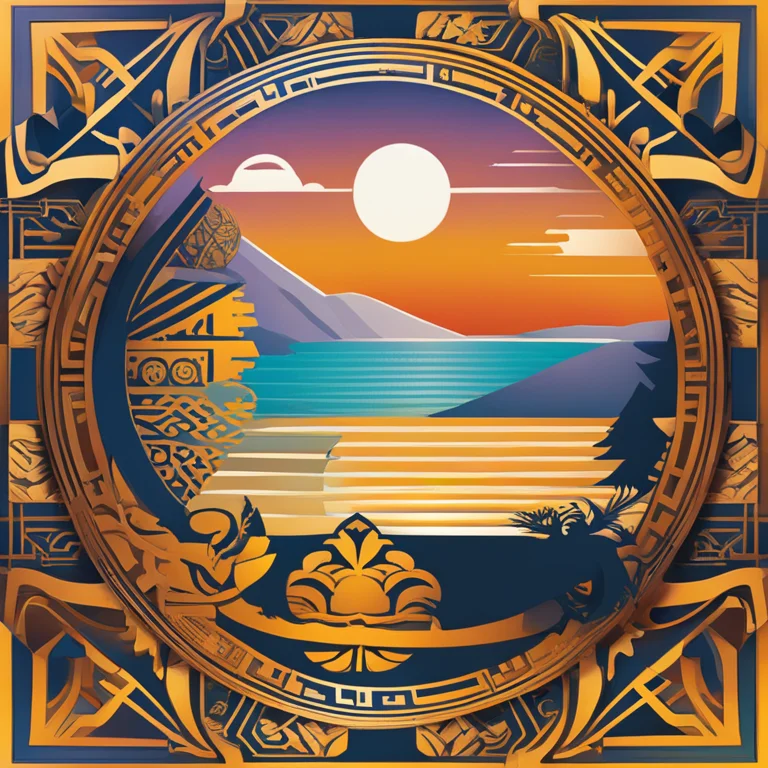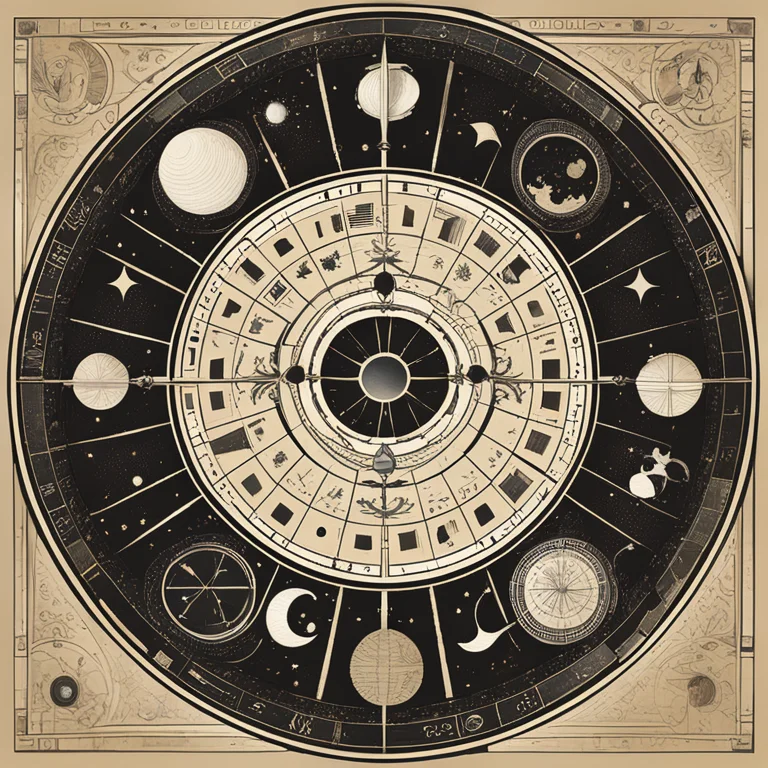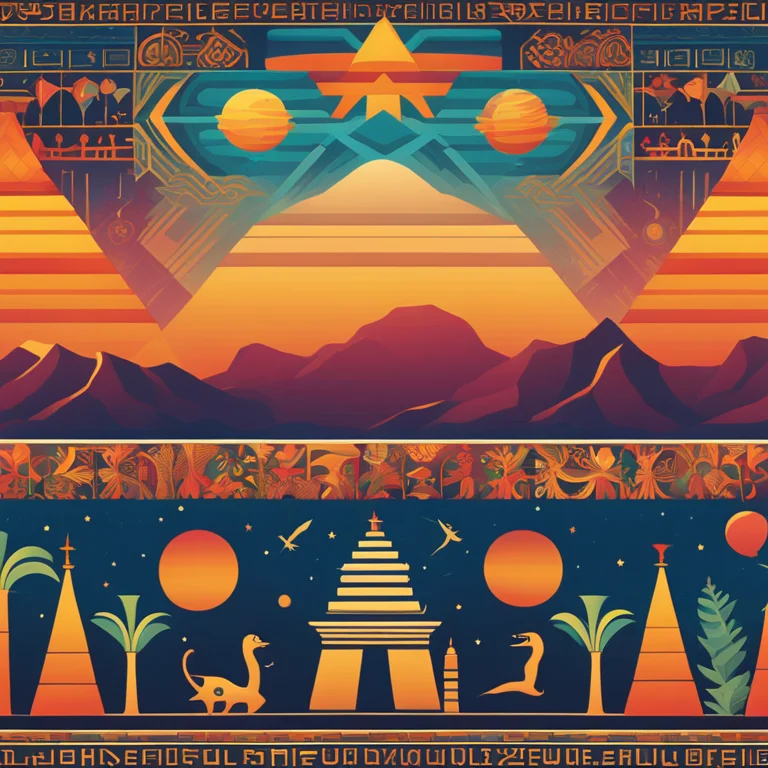
The Zodiac's Ancient Roots
Delve into the ancient history and celestial stories that gave rise to the zodiac, from Babylonian sky maps to astrological beliefs that shape horoscopes today.
article by Priya Deshmukh
The Dawn of Astrology
Long before the term "astrology" entered our lexicon, ancient civilizations turned their eyes toward the heavens to divine meaning from the stars. The birth of astrology dates back over 4,000 years to Babylon, where priests interpreted celestial events as divine communications. This fascination with the skies gave rise to the zodiac, a belt of the heavens divided into twelve signs corresponding to constellations along the ecliptic, the sun's apparent yearly path.

The Constellations' Lore
Each zodiac constellation is steeped in mythology, with narratives often tied to the gods and heroes of ancient Greek and Roman stories, such as the brave hunter Orion or the balanced scales of justice held by Themis. These tales were not just stories but were ingrained into the civilization's culture and became a way to understand human traits and destiny by correlating planetary movements with events on Earth.

Evolution Across Cultures
Astrology’s journey saw it flourish and adapt through various cultures. In Egypt, the star-systems intertwined with the deities, such as Isis and Osiris, while the Chinese zodiac incorporated animals into a 12-year cycle. Although these systems differed in symbols and meanings, they shared a common belief in the significance of celestial influences on terrestrial life.

Hellenistic Synthesis
The classic zodiac as we know it today crystallized in Hellenistic Egypt, where Greek knowledge met Eastern traditions. The Hellenistic period also saw the emergence of the horoscope—a chart of the heavens at a particular moment, such as the time of a person's birth—a practice that has endured into contemporary astrology forecasts for 2024 and beyond.

The Zodiac Today
Modern astrology still honors these ancient foundations, weaving together the mystical art of reading celestial bodies with advanced astronomical calculations. Whether in personal horoscopes or broader astrological trends, the zodiac's legacy continues. For instance, the Saturn Return, an event that occurs roughly every 29.5 years when Saturn returns to the position it occupied at a person's birth, is viewed as a time of maturation and challenge, a concept that will still be significant in 2024 horoscopes.
Perspectives on Constellations
Yet the sky we look upon is subtly different from that of our ancestors due to the precession of the equinoxes, which shifts the constellations' alignment over centuries. Astrologers adjust their readings to account for these changes, ensuring that horoscopes remain relevant. As the world transitions into the Age of Aquarius—an astrological era that emphasizes knowledge and enlightenment—astrologers forecast transformative changes within societies and individuals alike.
Published: 1/9/2024
Modified: 1/10/2024
More predictions
Come back here soon to learn more about yourself and your future


The Fluidity Of Astrological Forecasts
Examining the fluidity of astrological forecasts and the potential for personal agency to change our cosmic paths.


Astrological Forecast: Can It Predict Divorce?
Delve into the intriguing world of astrology to explore its potential in forecasting relationship outcomes such as divorce.


The Ancient Origins of Astrology
An insightful journey into the ancient beginnings and origins of astrology as a cultural and astrological practice.